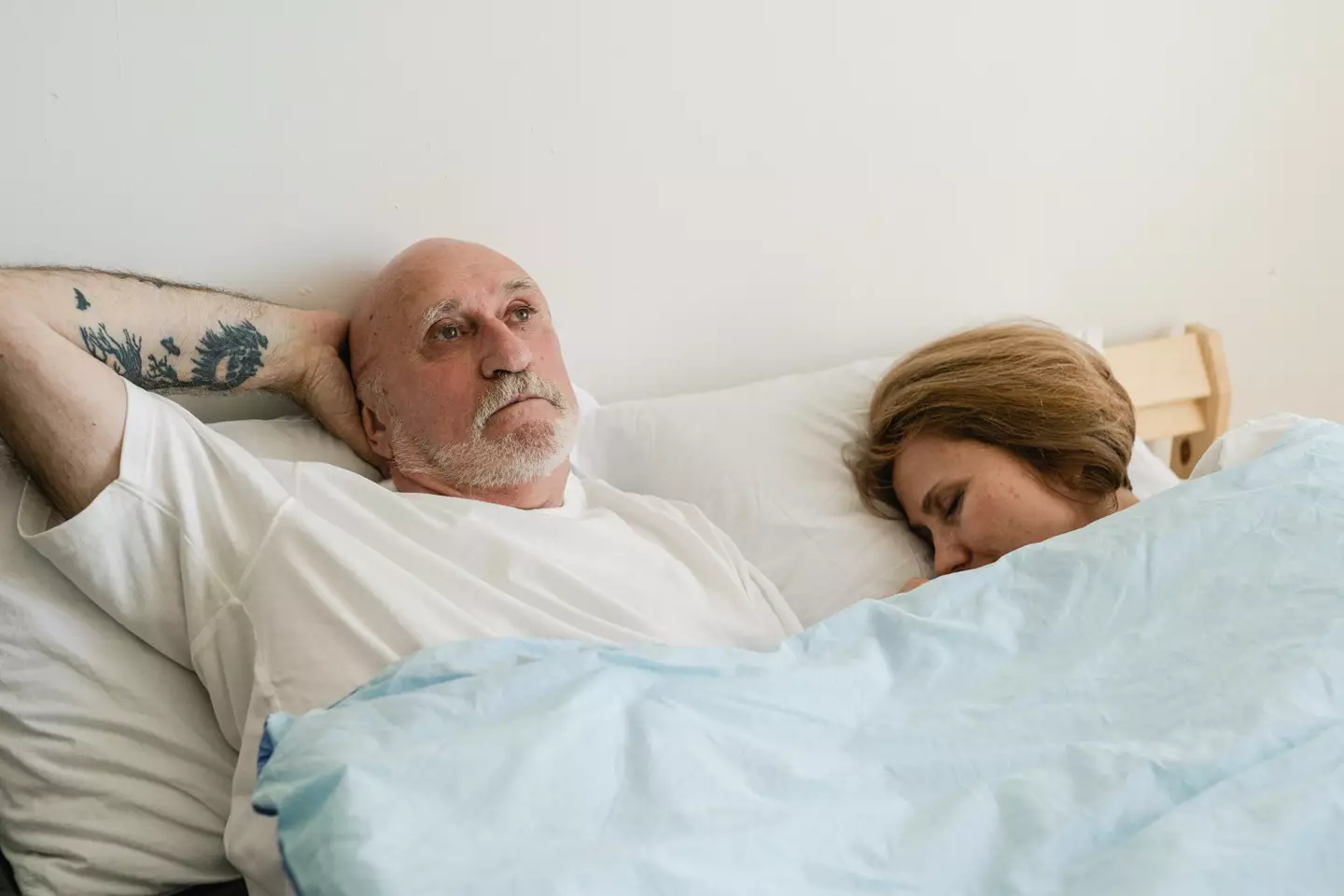
We used to be a country. A proper country. Now, we're less horny than ever, according to new research.
Apparently, people aren't having sex as much as they used to. Several studies have tried to nail down exactly why; is it our overuse of social media and smart tech; has the conversation around sex evolved so much to the point we're not interested; or can we just not be bothered?
According to the UK's National Surveys of Sexual Attitudes and Lifestyles (NATSAL), people are having less sex every week: in 1991, it was an average of five times per month; in 2001, it dropped to four; and by 2012, it was as low as three.

Advert
Soazig Clifton, the academic director for NATSAL at University College London, said Brits are definitely having less sex. 'If you look around the world, other comparable studies show a decrease as well. So, it seems to be a real international trend,' she told Science Focus.
Over in the US, the National Survey of Sexual Health and Behaviour compared more than 8,500 individuals' responses from 2009 and 2018, affirming the decline in sexual activity; from sexual intercourse, to foreplay, to solo masturbation.
The proportion of adolescents reporting no sexual activity during this period rose from 28.8% to 44.2% among young men, and from 49.5% to 74% among young women.
While Clifton said these studies 'can’t easily answer the ‘why’ questions', there are reasons behind the dip. 'It is certainly theoretically plausible that people are spending so much time on their iPads and phones, connecting with others virtually rather than having sex with the person next to them,' she said.
Advert

Sex becoming less taboo in everyday conversation may have also balanced out the statistics. 'Maybe people are more able to tell us that they’re not having sex. There is some statistical work we’ve done that shows we have a bit less reporting bias in our data. These decreases in biases would go along with the increased, more nuanced public conversation about sex,' Clifton added.
There's also another prevailing theory: we're much busier now than ever, whether it's social lives, poorer work-life balance and/or juggling our made-up commitments to social media. 'The researchers worked with middle-aged women. And something that came up in that research was that women were too tired for sex. They had so much else going on in their life,' Clifton also said.
While less sex has stoked concerns for birth rates in some countries, it also helps create 'a picture of understanding society, along with other areas of health and behaviours in our population... sometimes [sexual activity] gets dismissed as being less important than other aspects of people’s lives. For some people, it’s a really important of their life,' she added.
Advert
Featured Image Credit: Alamy
If you have a story you want to tell, send it to UNILAD via [email protected]
Topics: Sex and Relationships, Science